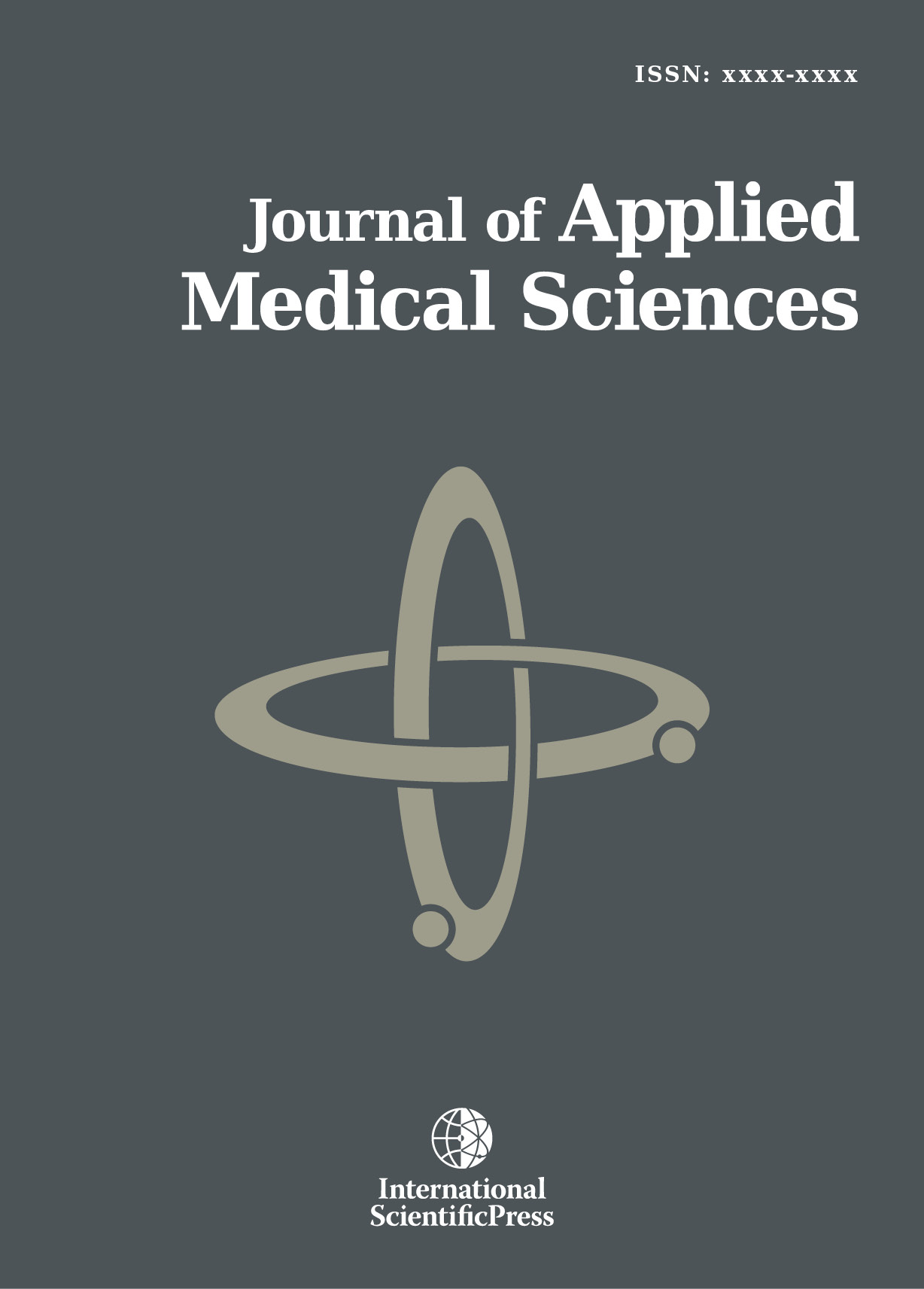Journal of Applied Medical Sciences
The Quality of Life and Survival in Patients with Terminal Cancer
-
 [ Download ]
[ Download ]
- Times downloaded: 10622
-
Abstract
Background: Hospice care neither prolongs life nor hastens death. It is designed to provide comfort and support to patients and their families when a life-limiting illness no longer responds to cure-oriented treatments. Objectives: The purposes of this study were to investigate the quality of life and survival analysis of terminal cancer patients. Purposive sampling was used for the terminal cancer patients in oncology and palliative care units in a medical center in Taiwan. Material and Methods: The instrument used in the study was McGill Quality of Life Questionnaire (MQOL) which had a good psychometric test. The methodology of data analysis in this study was survival analysis. Survival analysis is a branch of statistics which deals with death in biological organisms and failure in mechanical systems. Results: Based on the result, mortality rate of hospice patients is 3.55 times of non-hospice patients. One more unit of Existential Wellbeing of non-hospice patients, and the risk of death increase 1.15 times; one more unit of Existential Wellbeing of hospice patients, and the risk of death increase 4.10 times. One more unit of Social Support of non-hospice patients, and the risk of death increase 0.84 times; one more unit of Social Support of hospice patients, and the risk of death increase 2.98 times.
